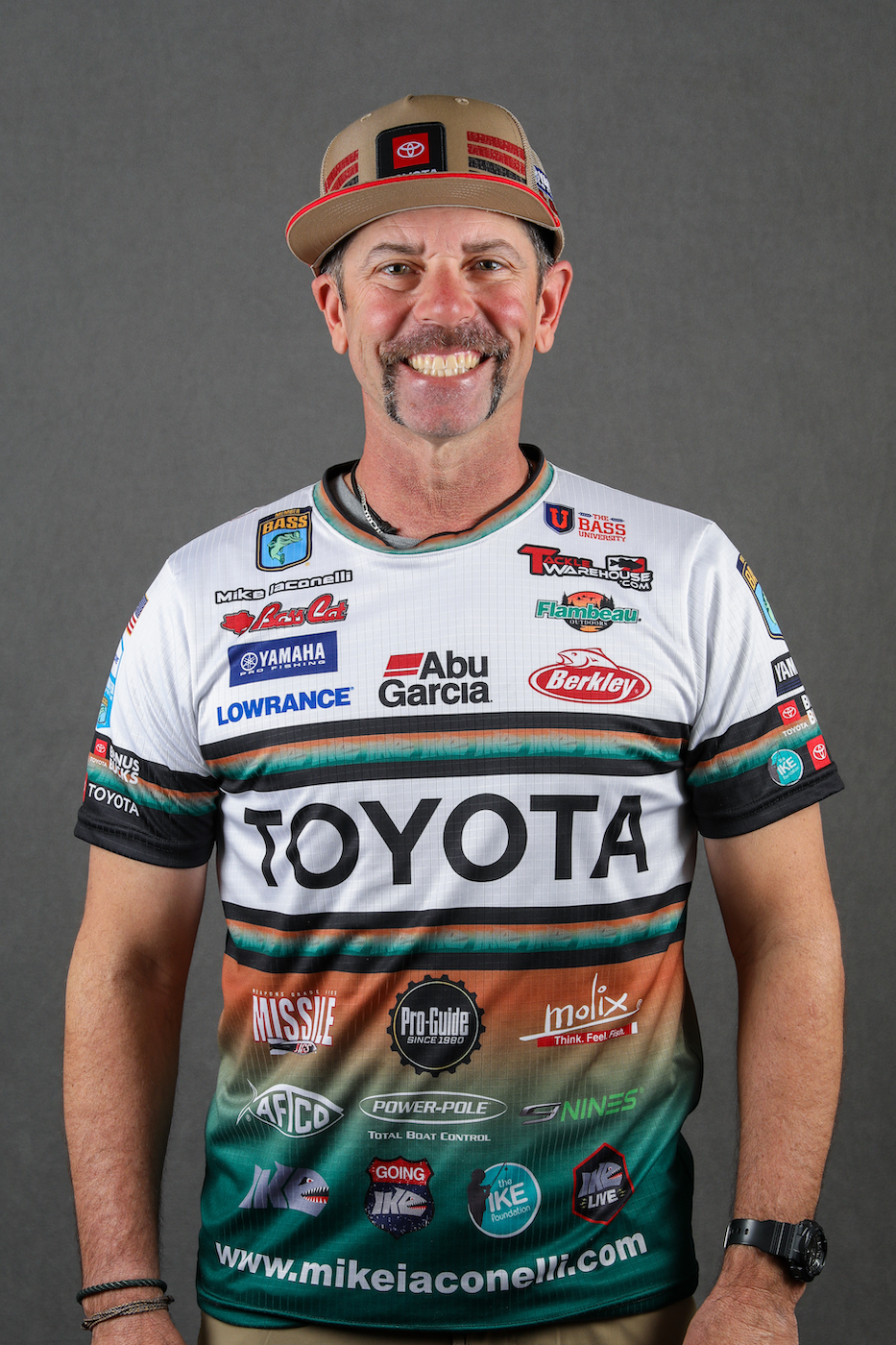Before we move on to something else, I want to talk a little about what the Oneida frog experience taught me, and what it should teach you. The story is really as much about expanding my (your) fishing expertise as it is about frog fishing.
First, you’ll note that I limited myself to using one bait. That’s critical. If you’re going to learn a new technique you have to fish it. When things get tough, it’s important that you don’t go back to something you’ve been fishing for years.
Now, to be fair, I did throw a plastic backup bait (Havoc) when I missed the hookset with my frog. But, and here’s the thing, I didn’t use it as a replacement when things got tough. A backup bait is part of learning to fish a frog.
The fact that I was fishing a tournament was good and bad. It was good in the sense that I had reliable information from someone I could trust — Ish Monroe — about where the fish were and what they’d bite. I was motivated, too.
But it was bad in the sense that I was fishing for money. That’s not the time to learn a new technique, if you can help it. It’s much better to learn when you aren’t under pressure, and you can take the time to experiment and mess around with things.
That brings us to my second point. It’s really important to be able to talk to someone who knows the technique you’re trying to learn and who can — and will — help you. In my case, that was Ish. He’s one of the best frog anglers on the planet. Heck, he designed the Snag Proof Ish’s Phat Frog.
That doesn’t mean you don’t do things on your own, however. You can’t let someone else do your thinking for you. You have to develop your own style with every bait you throw. Nevertheless, it’s helpful to have someone get you started on the right foot.
The third thing I want to stress is to learn to modify your lure to meet existing conditions. That might be a little different each day and from one lake or river to another. On Oneida I modified my frog so that I could fish on the mat and then twitch it around the edges. I might have done something different if conditions had been different.
Last, you need to learn on a lake or river where there’s a lot of bass and at a time when they’re biting your new lure. It’s useless to try to develop confidence in something if you’re fishing where there’s no fish or when they’re not biting. You have no idea when you’re doing things right and when you’re doing things wrong.
Reread the last three columns after you’ve read this one. It’ll give you a different perspective on all the frog stories you’ve read, and make a big difference in how many fish you catch.





